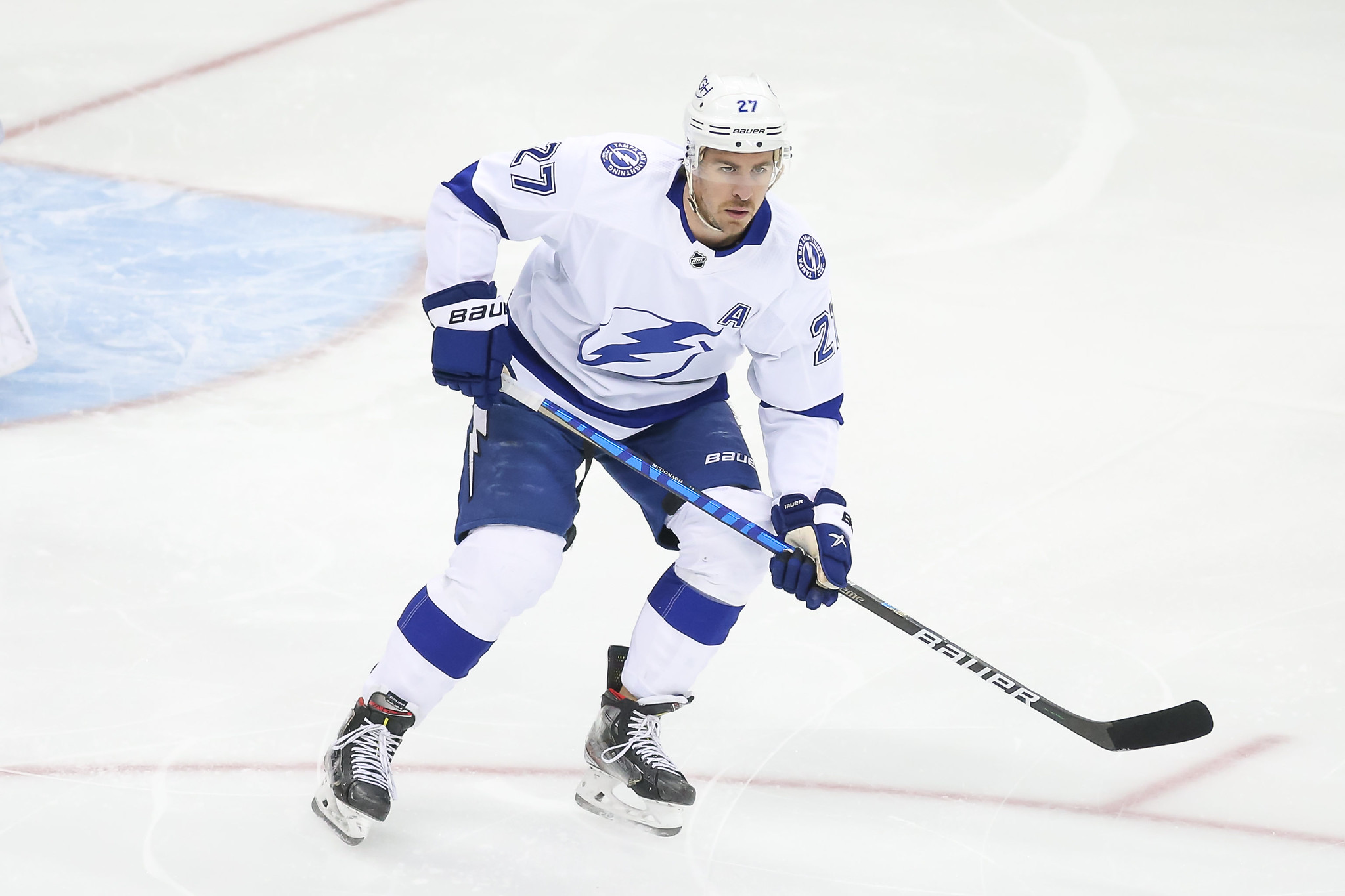

Seven years have passed since the New York Rangers orchestrated a blockbuster trade, sending their captain, Ryan McDonagh, and forward J.T. Miller to the Tampa Bay Lightning. While rebuilds are often painful necessities in professional sports, the Rangers' continued defensive struggles serve as a constant reminder of the void left by McDonagh's departure. The trade, executed on February 26, 2018, signaled a clear shift in direction for the Rangers, embarking on a path of rebuilding. The return package included Vladislav Namestnikov, prospects Libor Hajek and Brett Howden, a 2018 first-round pick, and a conditional 2019 second-round pick.
At the time, McDonagh was the Rangers' captain and a cornerstone of their defense. He was known for his shutdown abilities, leadership, and steady presence on the ice. He consistently logged significant minutes against top opposing players, contributing both defensively and offensively. After being drafted 12th overall by the Montreal Canadiens in 2007, McDonagh played for the New York Rangers, where he served as team captain from October 2014 until he was traded to the Lightning in 2018.
In the years following the trade, McDonagh went on to win back-to-back Stanley Cups with the Lightning in 2020 and 2021, solidifying his reputation as a winner and a top-tier defenseman. He then spent two seasons with the Nashville Predators before returning to the Tampa Bay Lightning. His career stats showcase his consistent performance: 80 goals, 340 assists, and a plus-minus of +289 in 1,010 games over 15 seasons.
Meanwhile, the Rangers have struggled to find a consistent defensive identity. While they've had flashes of brilliance and individual successes, the team's overall defensive performance has often been a point of concern. Analyzing the Rangers' defensive pairings, it's evident that adjustments are frequently needed. The team has, at times, conceded goals far too easily, despite boasting offensive capabilities.
Recent reports indicate that the Rangers' defense has been a significant problem. There have been instances where the team's defensive play has been described as among the worst in the league. While goaltenders like Igor Shesterkin and Jonathan Quick have often compensated for defensive lapses, the underlying issues remain. The Rangers have, at times, struggled in terms of expected goals against, indicating a systemic problem beyond just individual player performance.
The Rangers have attempted to address their defensive issues through various player acquisitions and adjustments to their defensive pairings. The emergence of players like Braden Schneider has been a positive development, but the team still lacks the consistent shutdown presence that McDonagh provided. Experimentation with different defensive combinations has been a recurring theme, with coaches constantly searching for the right mix of skill and physicality.
The trade tree stemming from the McDonagh deal has yielded limited long-term benefits for the Rangers. While some of the acquired assets were used to acquire other players, the overall return has not matched the value of what McDonagh brought to the team.
Looking ahead, the Rangers need to prioritize strengthening their defense to achieve sustained success. While offensive firepower is crucial, a strong defensive foundation is essential for any team with championship aspirations. The Rangers must find a way to replicate the stability, leadership, and defensive prowess that Ryan McDonagh provided for so many years. As the Rangers continue their quest for a Stanley Cup, the shadow of Ryan McDonagh serves as a constant reminder of the price they paid for their rebuild and the ongoing need for a true defensive leader.